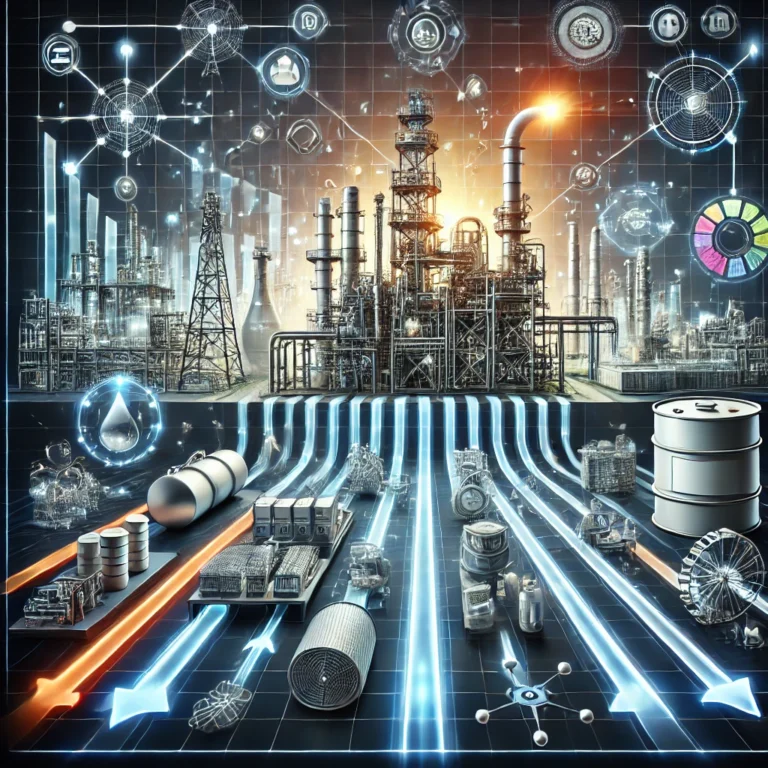Introduction:
Steel, as one of the foundational and essential materials in various industries, has found novel applications in recent decades due to emerging technologies and evolving market demands. Its unique properties, such as high strength, malleability, corrosion resistance, and recyclability, make it one of the most versatile materials worldwide. This article explores the innovative applications of steel across different sectors and its role in advancing technology.
1. Steel in Transportation Industries
1.1 Lighter and More Fuel-Efficient Vehicles:
Advanced High-Strength Steel (AHSS) helps reduce vehicle weight while improving safety, leading to lower fuel consumption and greenhouse gas emissions.
1.2 Rail and Marine Transport:
High-durability steel in railroads, ships, and trains enhances lifespan and reduces maintenance costs.
2. Steel in Construction and Infrastructure
2.1 Earthquake-Resistant Buildings:
High-strength steel in building structures increases resistance to earthquakes and other natural disasters.
2.2 Advanced Bridges and Large Structures:
Advanced steel enables innovative and sustainable designs for bridges and massive infrastructures.
3. Steel in Energy Production
3.1 Renewable Energy:
- Wind Turbines: Steel is used in towers and blades of wind turbines, ensuring high performance due to its strength and durability.
- Solar Panels: Steel serves as the foundation and structural support for solar panels.
3.2 Nuclear and Fossil Fuel Infrastructure:
Heat and corrosion-resistant steel are employed in equipment for nuclear and fossil fuel power plants.
4. Steel in Advanced Industries and Modern Technologies
4.1 Aerospace Industry:
Special alloy steels are used in aerospace components due to their optimal strength-to-weight ratio.
4.2 Medical Equipment:
Stainless steel is used in surgical instruments, implants, and medical devices due to its antibacterial properties and durability.
4.3 Electronics and Nanotechnology:
Steel is crucial in manufacturing electronic components and nano-based products like advanced batteries and sensors.
5. Steel and the Environment
5.1 Recycling and Green Steel Production:
Steel is highly recyclable and plays a vital role in producing eco-friendly products. Green steel technologies utilizing clean energy reduce the environmental impact of the steel industry.
5.2 Applications in Environmental Projects:
- Construction of water storage tanks and treatment facilities.
- Use in flood control projects and restoration of damaged areas.
Conclusion
Innovative applications of steel across various industries highlight significant transformations in this field. From modern buildings and fuel-efficient vehicles to medical equipment and advanced technologies, steel remains a strategic material for global economic and industrial development. With continued technological advancements and a focus on environmental sustainability, the applications of steel are expected to expand even further.




